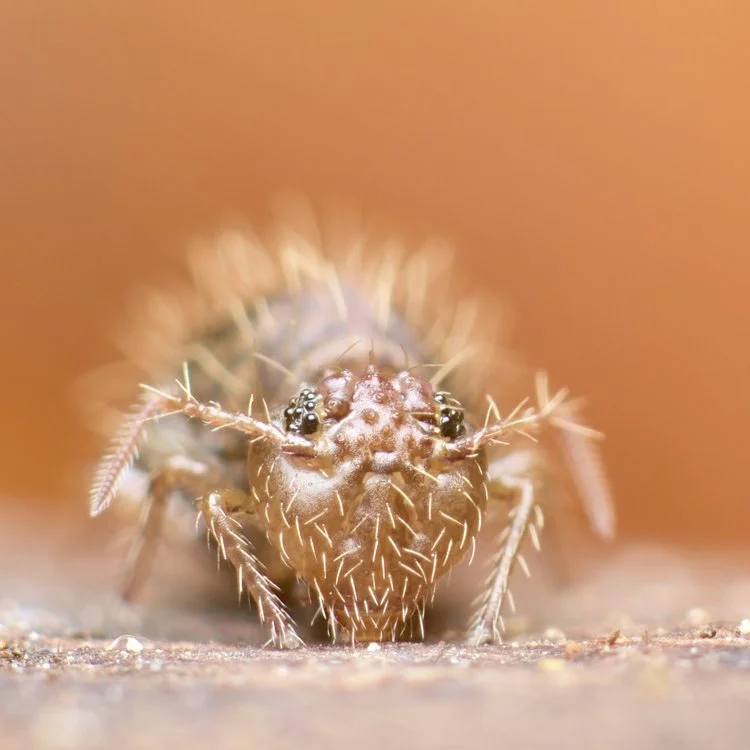It Isn’t ONLY Climate Change and the Chaos of Delight
There are many planetary health environmental issues besides climate change we need to pay attention to. If we don’t take care of soil, 90% of it may be gone in less than 30 years. Water is a major issue. Pollution is not only killing us (7 million or so deaths a year according to the World Health Organization), but it is also killing bees. If we lose bees, almost a third of our food doesn’t get pollinated. Biodiversity loss may seem almost trivial, or some would at least hope you believe that; after all, they say, how is one less species going to change much, but that’s not how it works. First, the process that causes the loss of a given species is likely stressing others, and second, losing species, even a single species (a so-called “keystone” species), can cause food webs to come apart. This impacts the natural resources that keep our water clean and our crops productive.
Disruptions in food and water can cause unrest, conflict, suffering and refugees in the near future possibly even to a greater extent than climate change! Of course these processes, climate change, pollution and biodiveristy, soil and water loss, feed each other (for example, living soil is a carbon sink, and sustains plants that draw down CO2; conversely, climate change causes flooding that washes away soil).
That is not to say climate change isn’t the big kahuna, the elephant in the room, just that we can’t forget there are those fighting for these other important issues. It seems that is a real danger. The New York Times reported on November 8, 2023 in an article titled “Environmental Groups Cut Programs as Funding Shifts to Climate Change” by Ralph Vartabedian:
“A significant shift in donor contributions to nonprofits fighting climate change in recent years has left some of the nation’s biggest environmental organizations facing critical shortfalls in programs on toxic chemicals, radioactive contamination and wildlife protection… The NRDC is not alone. The Sierra Club, Defenders of Wildlife and the Environmental Working Group, which have been at the forefront of efforts to clean up waste water, regulate pesticides and adopt tougher standards for atomic power plants, are facing similar financial problems.
“Most environmental programs don’t have significant toxics programs anymore,” said Ken Cook, founder and president of the Environmental Working Group, which still devotes nearly half its budget to battling toxics in food, personal care items, cleaning products and water…Meanwhile, global spending to fight climate change by environmental groups and other nonprofits reached $8 billion in 2021, most of it in the United States and Canada.”
The forces for profit, despite the environmental destruction and damage to planetary health it takes to make those profits, just have to pay attention to their business and what keeps it going. Deny, lie, deflect. It’s easy and they have deep pockets. We who care about life and survival over profits (and yes, sometimes you can have both! Green jobs and new, innovative green industries for example) have to chew gum, walk, pat our heads, rub our bellies all at the same time. It’s tough, but we can do this! Remember, whatever little time or money or other skills and resources you have, spread the love if you at all can. Talk to people. Normalize caring. Vote. Contact your government officials. It needn’t be expensive or a full-time job to be a spokesperson and activist for planetary health!
Now, as for soil, on a positive note, bison are improving the soil. Big herbivores do that!
Our soil page is worth a look, and a website about the living soil that I love is Chaos of Delight, with beautiful photographs and great information about soil and life. The image on the homepage for this post is a photograph of a critter called Allacma fusca from that website, used with permission from Andy Murray who runs the website. Be delighted about the amazing life in soil!
